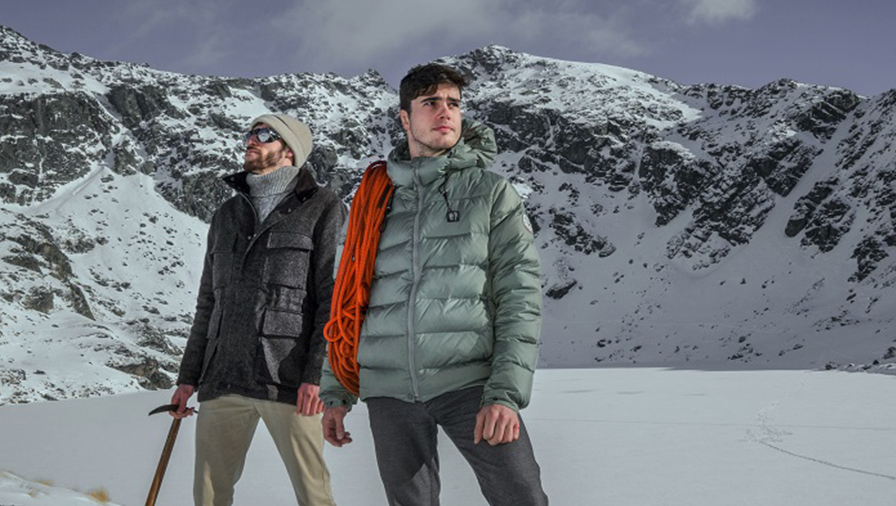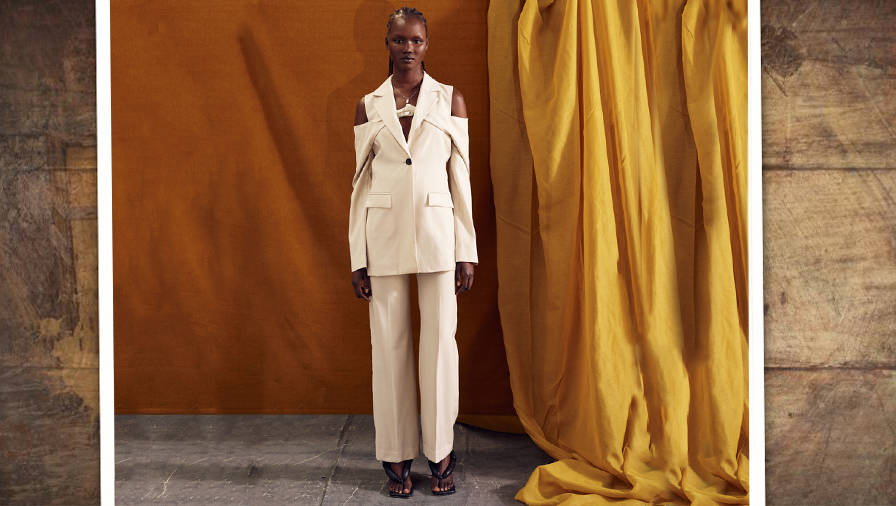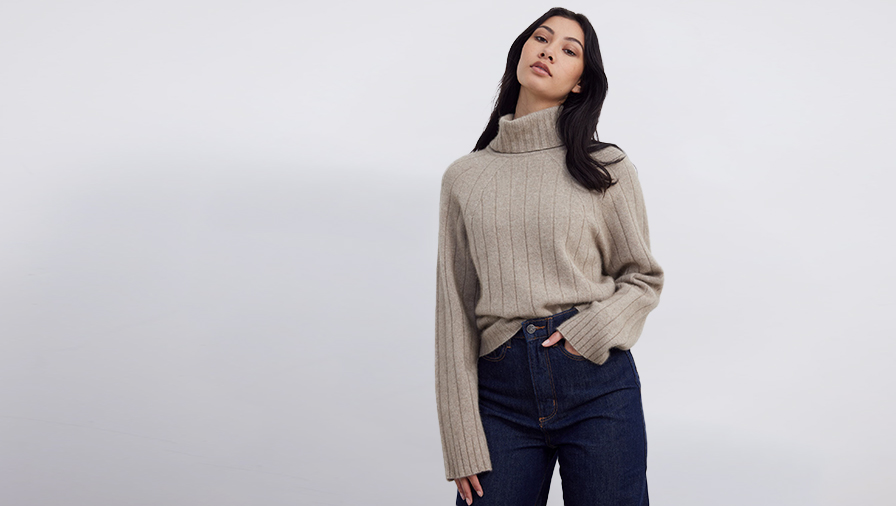Cancelled Fashion Week ‘huge blow financially’ for designers
Three New Zealand clothing labels have to make alternative plans.
Three New Zealand clothing labels have to make alternative plans.
Three New Zealand clothing companies set to feature in their own natural fibre show at Fashion Week say they have been left out of pocket and disappointed following the event's cancellation due to the Omicron outbreak.
Lifestyle brands clothing range Edmund Hillary, Standard Issue, and Wynn Hamlyn said without Fashion Week they would have to find new ways to generate brand awareness after already putting significant amounts of time and resources into the cancelled show. The new segment at the event aimed to highlight natural fibres such as wool and showcase its use in fashion.
Wynn Hamlyn creative director Wynn Crawshaw said it was a “huge blow financially, even without regarding the sort of downstream effects of loss of marketing, revenue”.
Organisers of the Auckland-based Fashion Week pulled the plug on the February 7 event last week after the country moved into the red light setting. The iconic event was meant to celebrate its 20th anniversary last year, before being postponed in August due to alert level 4.
Fashion weeks worldwide are recognised as providing designers the opportunity to create industry connections and convince buyers where they should spend their money. Events have still been held in Paris and Milan recently despite Covid disruption.
Knitwear maker Standard Issue was another due to take part in the natural fibre show in Auckland.
Standard Issue’s parent company McDonald Textiles CEO Emma Ensor said another year without Fashion Week meant the loss of potential new brand interest.
“It was perfect timing for us to celebrate our Autumn/Winter 2022 collection, which launches in March. So, the timing of that, being able to present that a wee teaser out to consumers in February, was exciting,” she said.
Additionally, the collection would have showcased its fully traceable Merino initiative launching in March.
The Edmund Hillary brand was also excited about showcasing its new knitwear and down jackets but marketing director Clare Hall-Taylor understood the reasons why the Auckland-based show won’t go ahead.
However, she said retail foot traffic was reducing around New Zealand since Covid and the industry needed Fashion Week. “The event has such positive flow-on effects on the retail environment,” she said.
Co-founded with the Hillary family in 2018, the Auckland-based premium lifestyle brand offers outdoor wear as well everyday clothing inspired by Sir Edmund Hillary.

Prior to the pandemic, the company was based in both New Zealand and the UK but shut its British office after Covid-19 struck Europe.
The company has seven employees in New Zealand and is owned by shareholders, including the Hillary family, based largely in New Zealand and the UK. Despite Covid-19, the company saw increased revenue of 23% in the financial year ending March 2021 compared with the previous year, due to renewed demand for natural fibres.
“Just having a good percentage of your collection that is biodegradable is really important – for the world, for the future,” Hall-Taylor said.
Environmental concern
Concern for the environment has only grown across generations. An annual study by Deloitte found generation Z ranked climate change as the top concern for 2021, whereas millennials ranked the issue third behind healthcare and unemployment.
Some 60% of both generations feared environmental issues being deprioritised by business leaders in the fallout of Covid-19.
The concepts of ethical clothing and slow fashion have gained societal traction. Slow fashion emphasises greater awareness and consideration toward the process and resources used to make clothing.
Hall-Taylor said she’d love to see more sustainability and slow fashion be incorporated into Fashion Weeks around the world.
Edmund Hillary plans to continue expansion into the Australian market this year and will also boost its online presence after launching on the Australian digital marketplace ‘The Iconic’ before Christmas.
The company maintains a strong relationship with a variety of charities in New Zealand and abroad, as well as the Himalayan communities.
Wynn Hamlyn
Another Fashion Week veteran, Wynn Hamlyn debuted in a 2016 wool show and was keen to return to its roots with another natural fibres show.
Launched in 2014, Wynn Hamlyn is owned by Crawshaw who also acts as content director. The company has six full-time employees as well as six part-time. Crawshaw declined to make public its revenue.

Wholesale has been central to Wynn Hamlyn and previously dominated its runway choices. However, this year, the company had planned on displaying an in-season collection currently available to the public as a way of promoting and directing people to its online store. Without Fashion Week, it would have to re-evaluate how to boost the same awareness for the online platform.
The Auckland-based company likes to highlight artisanal elements such as working in collaboration with jewellery designers and investing time into hand finishings on garments.
In 2020, the company also opened a store in Commercial Bay Auckland as an experiment, which it claimed had been successful.
While he supports Fashion Week highlighting natural fibres, Crawshaw would like for sustainability to be driven by designers and individual passion for it rather than just through shows. “It’s the responsibility of the designers to sort of champion their own sustainability,” he said.
Standard Issue
Fashion Week newcomer Standard Issue had been looking forward to show the public its Autumn/Winter 2022 collections due to launch in March.
At the same time, it will also launch fully traceable merino wool in its range, where consumers will be able to track the process from farm, to spinner, back to the company.

Founded in the 1980s, the knitwear company makes all its garments in Mount Wellington, Auckland. McDonald Textiles took over Standard Issue in 2019 and now has three 100% natural fibre companies under its umbrella. It employs 30 people.
While McDonald Textiles had been significantly affected by Covid, Standard Issue’s Ensor said it had had its best year, with double-digit growth in 2020 and 2021 financials were looking similar.
Ensor is supportive of the Fashion Week spotlight on natural fibres and, despite the show not going ahead, hopes it triggers others to think along sustainability lines or reconsider what they’re using.